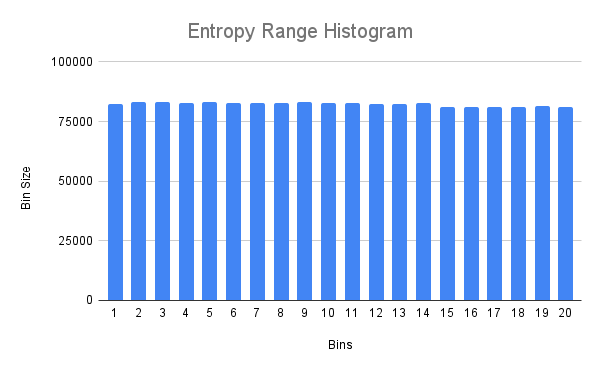Secure, collision-resistant ids optimized for horizontal scaling and performance. Next generation UUIDs.
This is a port of the JavaScript library @paralleldrive/cuid2, rewritten in Go.
For more information about Cuid2, including details about why and how, please refer to the original documentation.
With Go module support, you can add the following import statement to your code:
import "github.com/nrednav/cuid2"and then run the following in the root of the repository to fetch the module:
go mod tidyAlternatively, you can run the following command:
go get -u github.com/nrednav/cuid2package main
import (
"fmt"
"github.com/nrednav/cuid2"
)
func main() {
// Generate a Cuid with default configuration
id := cuid2.Generate()
// or alternatively, provide your own configuration
generate, err := cuid2.Init(
cuid2.WithLength(32),
)
if err != nil {
fmt.Println(err.Error())
}
// This function generates an id with a length of 32
id = generate()
// Validate
cuid2.IsCuid(id)
}You can configure the behavior of the Cuid2 generator by providing the Init()
function a series of option functions.
package main
import (
"math/rand"
"github.com/nrednav/cuid2"
"sync/atomic"
)
// (Optional) create your own custom counter
type Counter struct {
value int64
}
func NewCounter(initialCount int64) *Counter {
return &Counter{value: initialCount}
}
func (c *Counter) Increment() int64 {
return atomic.AddInt64(&sc.value, 1)
}
func main() {
generate, err := cuid2.Init(
// Provide a custom function that generates a floating-point value between 0 and 1
cuid2.WithRandomFunc(rand.Float64),
// Adjust the length of generated id, min = 2, max = 32
cuid2.WithLength(32),
// Provide a custom fingerprint that will be used by the id generator to help prevent
// collisions when generating id's in a distributed system.
cuid2.WithFingerprint("hello world"),
// Provide a custom session counter that will be used to affect the
// entropy of successive id generation calls
cuid2.WithSessionCounter(NewCounter(0)),
)
}Run the tests with:
go testAs with the original JavaScript library, the collision tests generate over 10 million ids in parallel across 7 CPU cores. The tests also feature a histogram analysis of the entropy range to ensure an even & random distribution.
Here's a sample distribution for one pool of generated ids:
The id generation function can be benchmarked for varying id lengths.
To run a benchmark, use:
go test -run=XYZ -bench=. -benchtime=30sResults:

